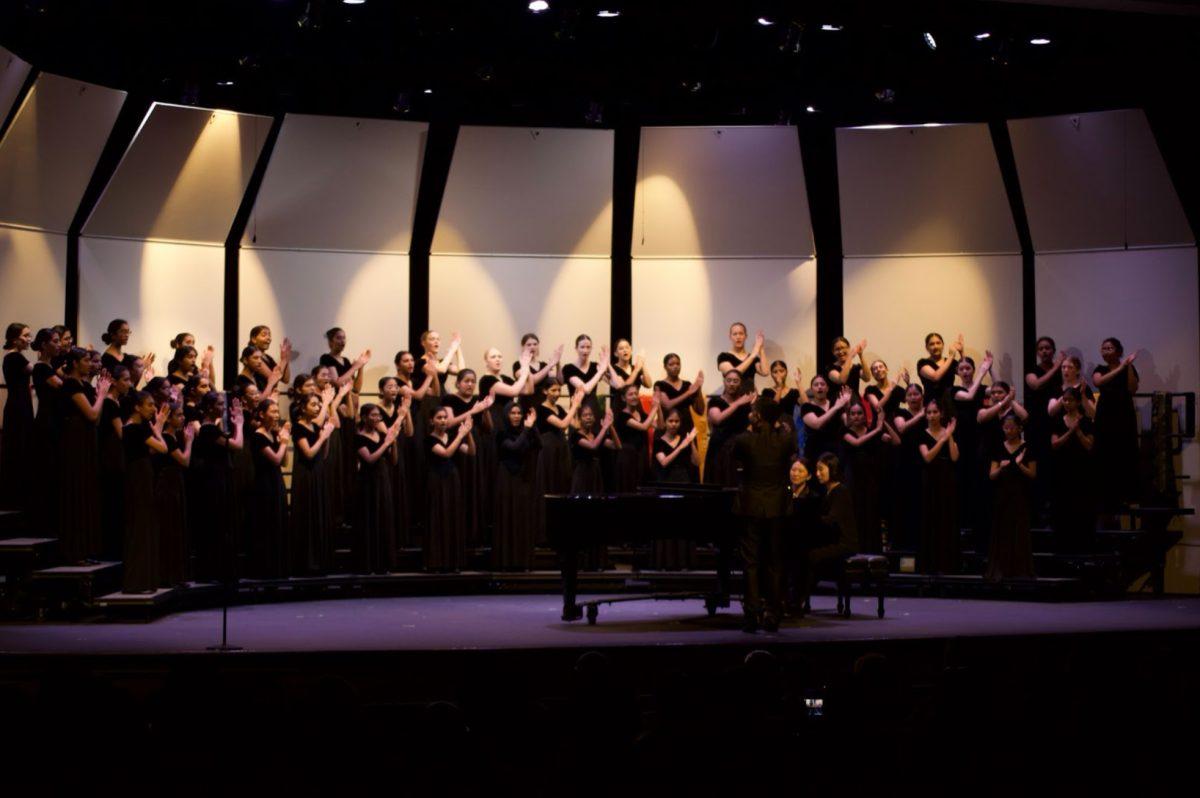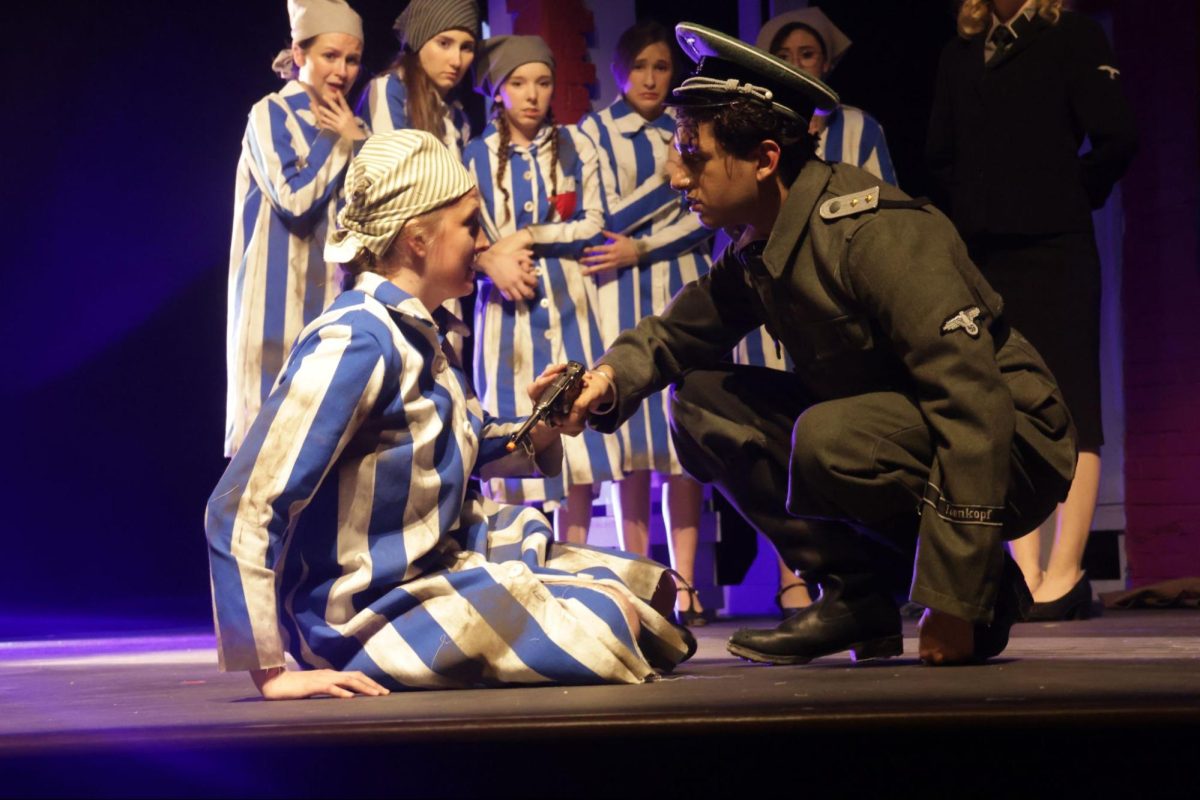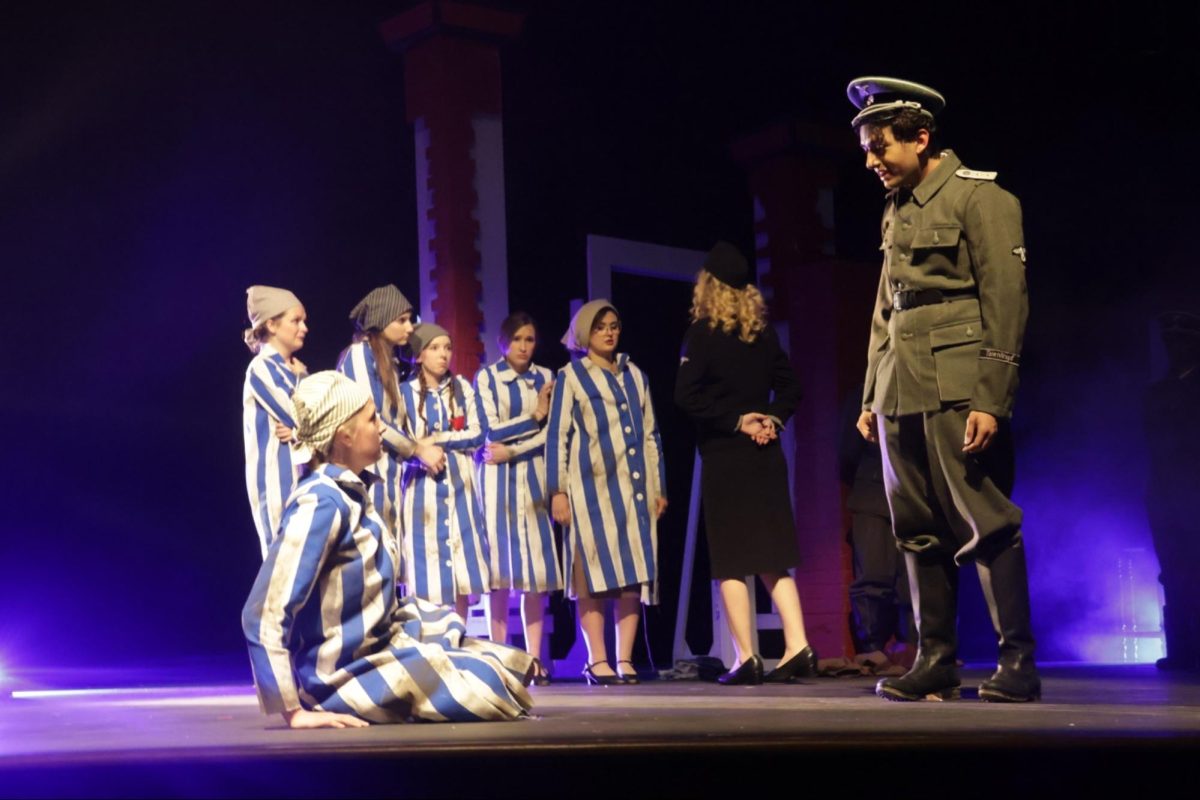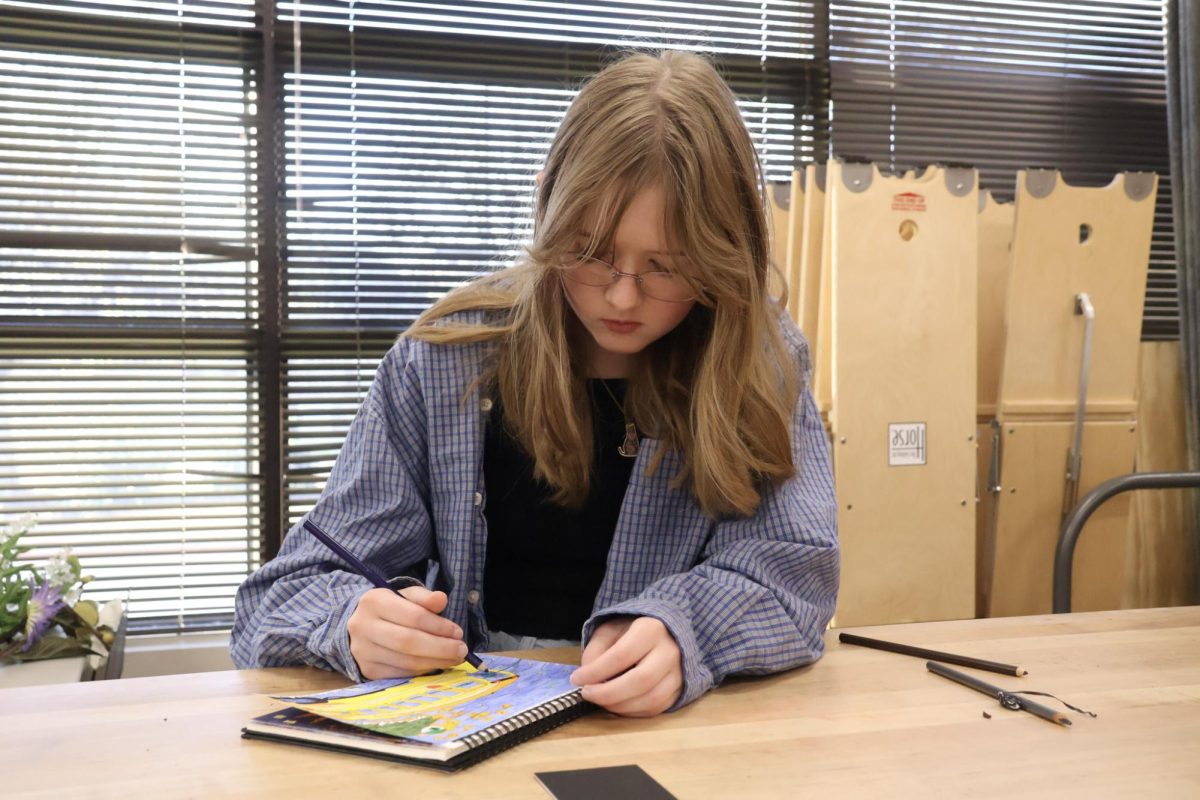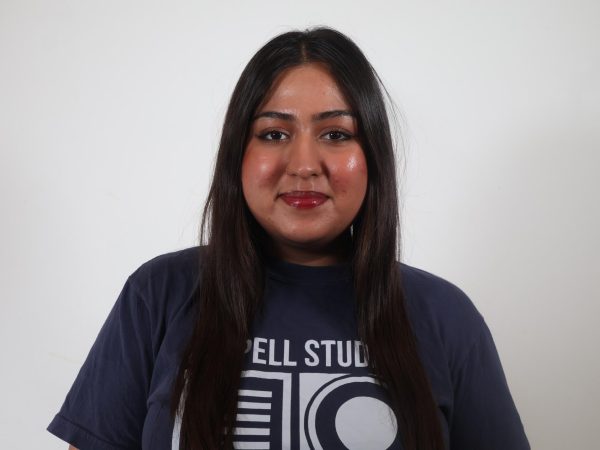In ninth grade, Coppell High School junior Samanyu Hebbar did something his peers would never consider: He handed his phone to his parents, asking them to restrict his access to social media.
“I told them, no matter how much I ask, do not give me my phone back,” Hebbar said. “At first, it felt like losing my freedom, but over time, it became the new normal.”
That pivotal moment was the start of his journey towards exploring themes like social media addictions, procrastination and how to navigate relationships in high school.
Hebbar is writing a self-help book titled How to Ruin Your Life as a High Schooler, attempting to help his peers juggle their academics and social lives. The book is scheduled to be published on Kindle Direct Publishing this month.
“I just hope that readers will find at least one way to make their lives better,” Hebbar said. “At the end of the day, even if someone thinks high school does not matter, what they do now has consequences for their future.”
The book attempts to understand and overcome challenges faced by high schoolers. Hebbar’s inspiration comes from personal experiences and observations of friends who strayed from their promising academic growth.
“One of my friends was on a path to great academic success,” Hebbar said. “But then, he fell into traps like social media addiction and toxic relationships. Seeing him change right in front of my eyes was my aha moment.”
To combat his own struggles with social media, Hebbar asked his parents to enforce restrictions and gave them full control over his phone. Without the distractions of Snapchat or TikTok, Hebbar found himself more focused and emotionally balanced.
“I was able to spend more time on schoolwork and improve my relationship with my parents,” Hebbar said. “It made me realize how much social media had taken a toll on my mental health.”
To many of his peers, Hebbar’s high school approach can seem unconventional.
“Samanyu’s perspective on high school is very different,” junior Harshvardhan Vinoth Kumar said. “He sees it solely as a medium for learning, and while that makes him unique, it also makes him an outlier in how he approaches relationships and social norms. His book might empower those who feel different for prioritizing academics over social norms.”
Despite this academic inclination, Hebbar uses simple writing. He makes his book relatable to teenagers, avoiding overly complex language.
“I did not want to sound like an adult lecturing kids,” Hebbar said. “I kept the vocabulary simple and made it conversational.”
The tone aligns with Hebbar’s driven, yet thoughtful personality.
“He’s one of those students where everyone who interacts with him likes him,” robotics teacher Carl Reese said. “But it’s not because he goes out of his way to please people, it’s just who he is. He’s naturally friendly and genuinely cares about helping others.”
Beyond writing, Hebbar’s interests in neuroscience influenced his understanding of addiction and habits.
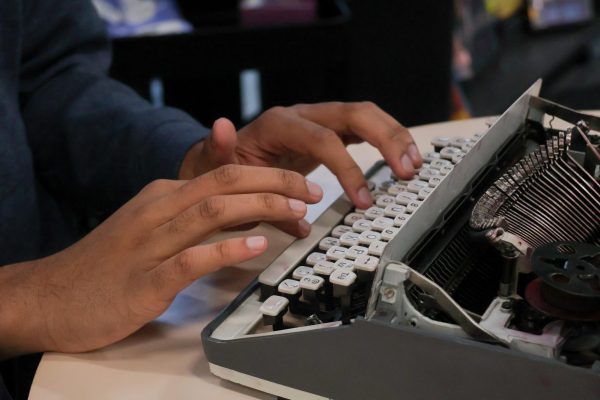
“Addiction isn’t just a social construct; it’s a science,” Hebbar said. “Understanding that helped me see how habits like social media addiction can hijack your brain.”
Hebbar’s self-awareness and willingness to be vulnerable in his book was an initial struggle. Sharing personal anecdotes is not easy for him, but he thinks it is necessary.
“I always had a fear of being judged,” Hebbar said. “But I realized that if people learn something from my experiences, it is worth it.”
His teachers see the same determination in the classroom that Hebbar brings to his writing.
“Samanyu is very goal-oriented, but he doesn’t let that distract him from how his actions affect others,” psychology and economics teacher Jared Stansel said. “He’s very conscientious about maintaining relationships and avoiding burning bridges, which shows a level of maturity and wisdom you don’t typically see at his age.”
As Hebbar refines his book, he remains focused on its purpose.
“I don’t care if people know me or not,” Hebbar said. “If someone learns one thing that makes their life better, that’s all that matters.”



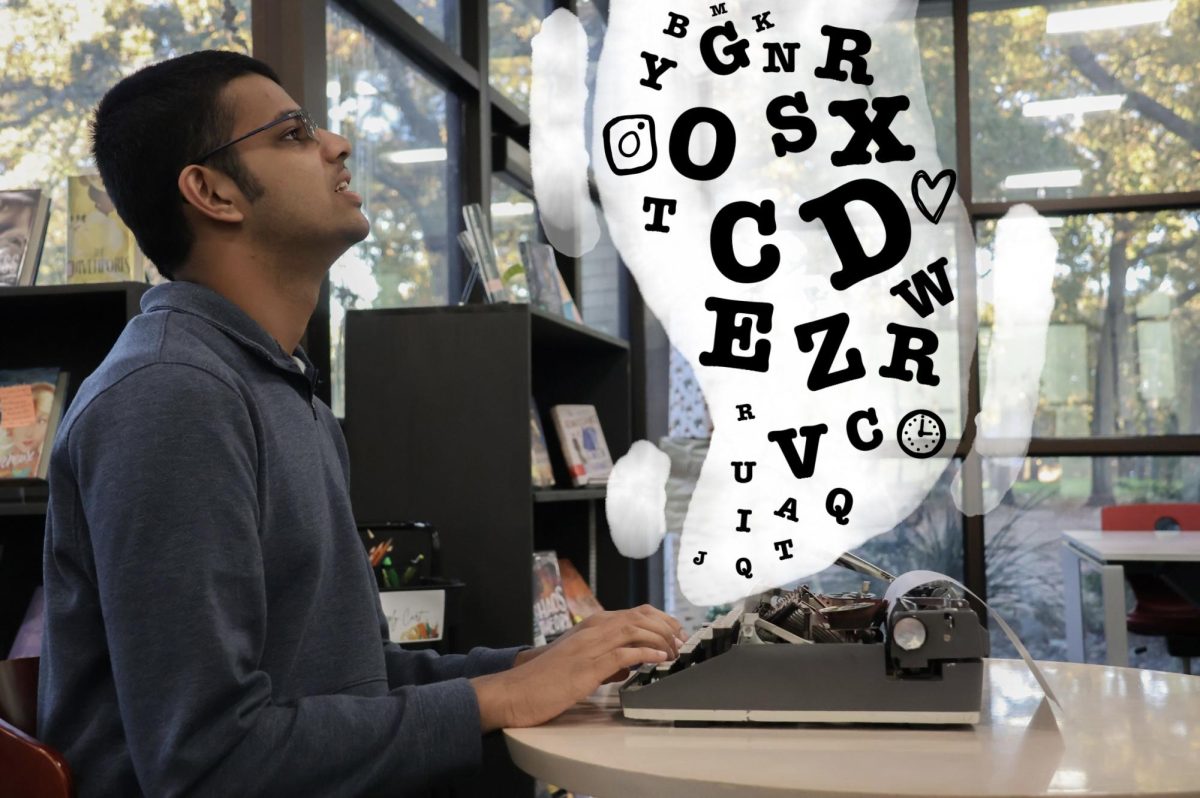
![Coppell High School senior Rohak Yadav [second from left] performs with Indian ethnic music group Shivam Dhol Tasha during the Dallas Mavericks halftime show at American Airlines Center on March 9. Yadav has played the tasha, an Indian percussion instrument, since he was 6 and joined Shivam Dhol Tasha in 2024. Photo courtesy Roberto Hernandez/Dallas Mavericks](https://coppellstudentmedia.com/wp-content/uploads/2025/04/Vernekar_YadavFeature_030925-1200x800.jpg)
